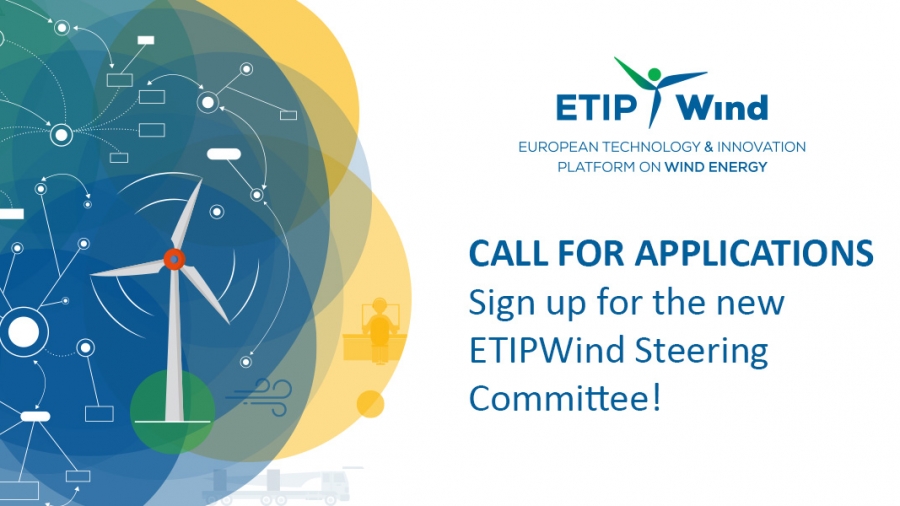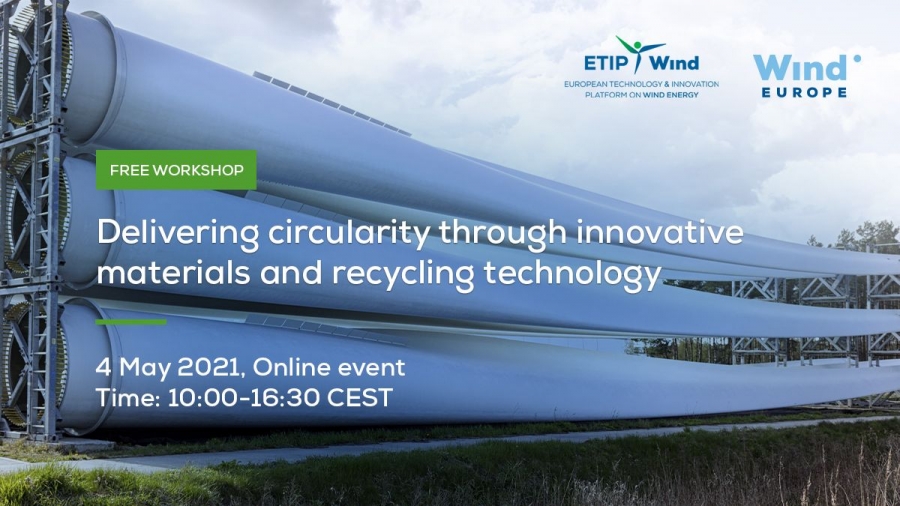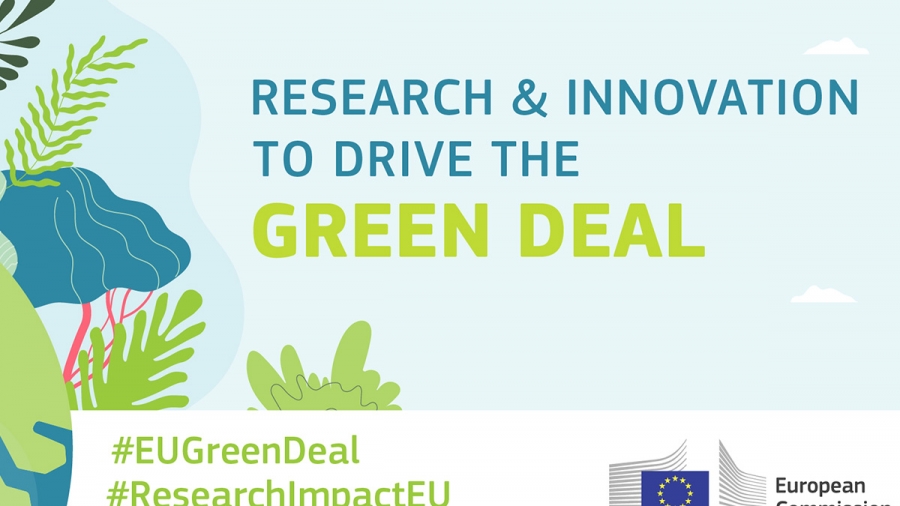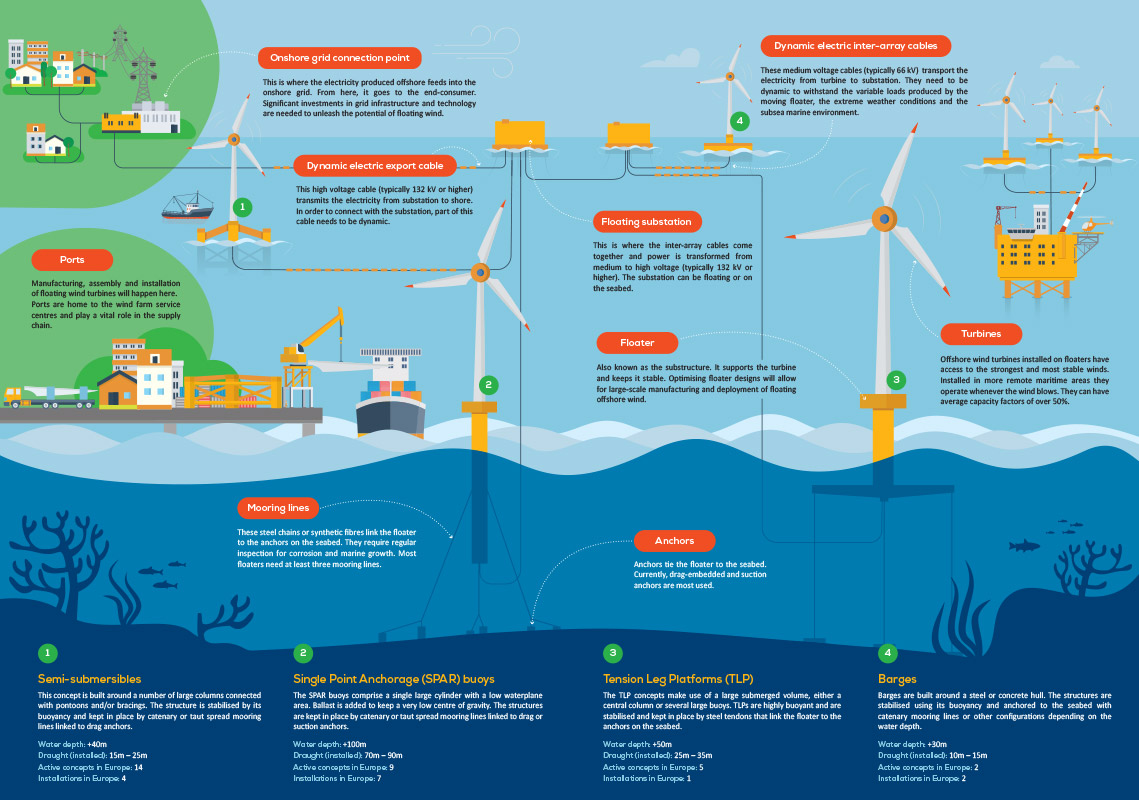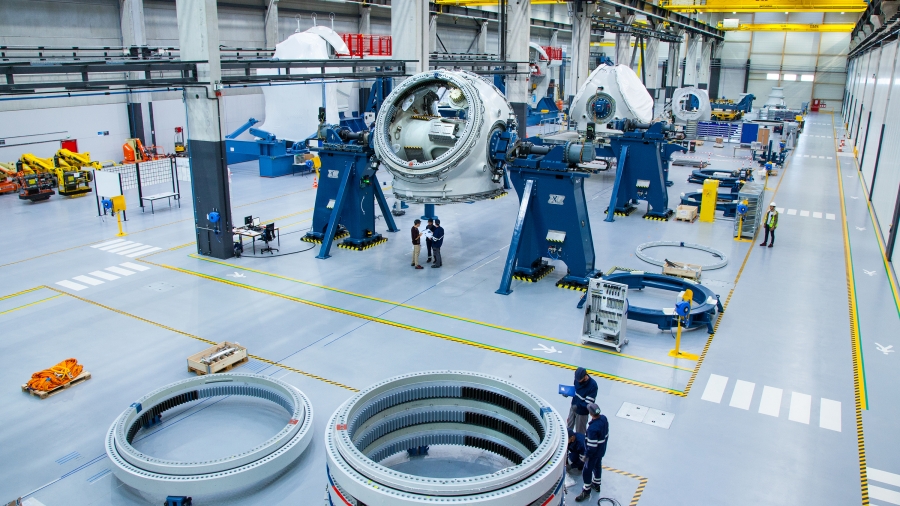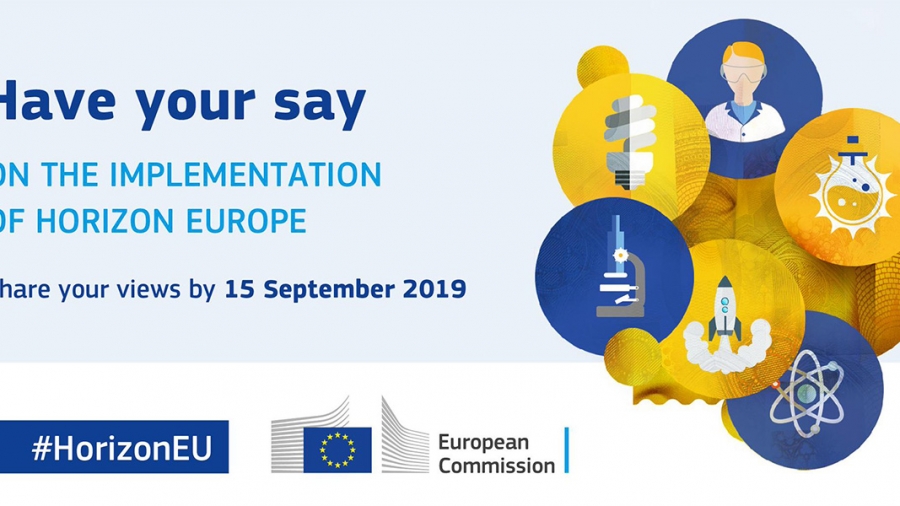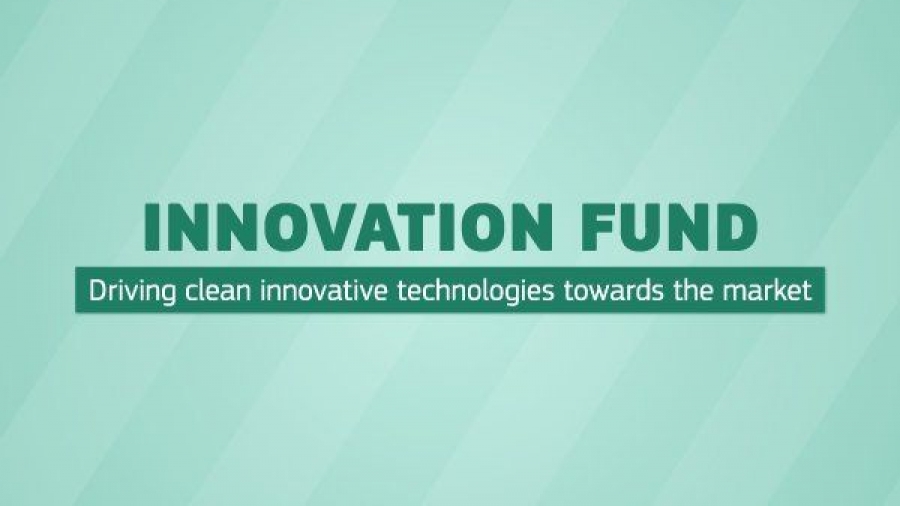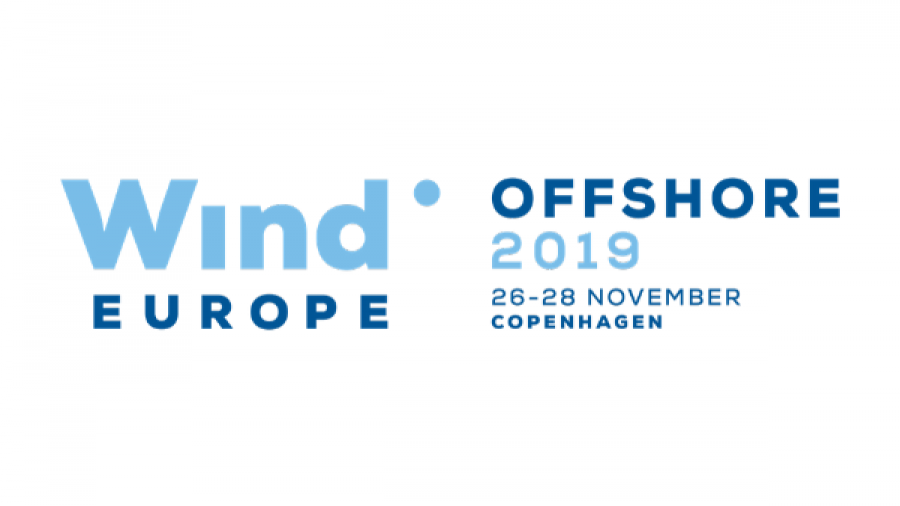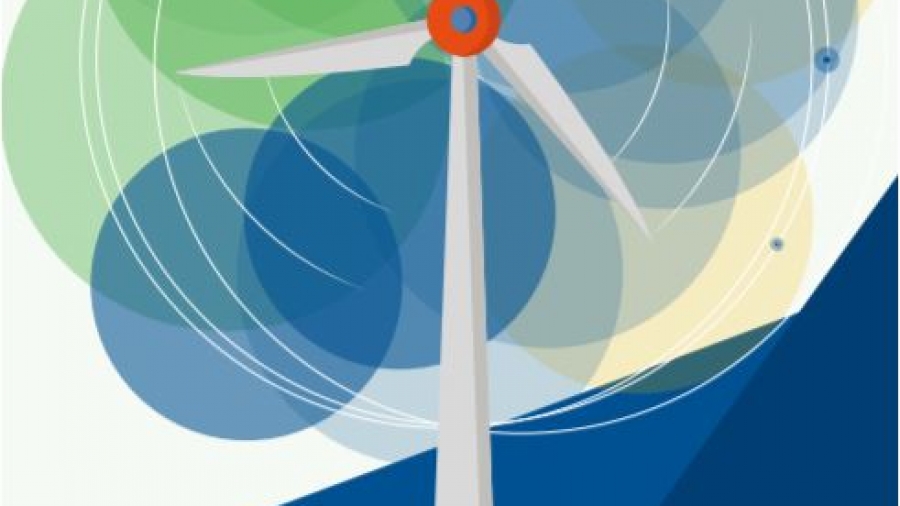13 October 2022, Hybrid event
(closed) Call for applications! Sign up now for the new ETIPWind Steering Committee!
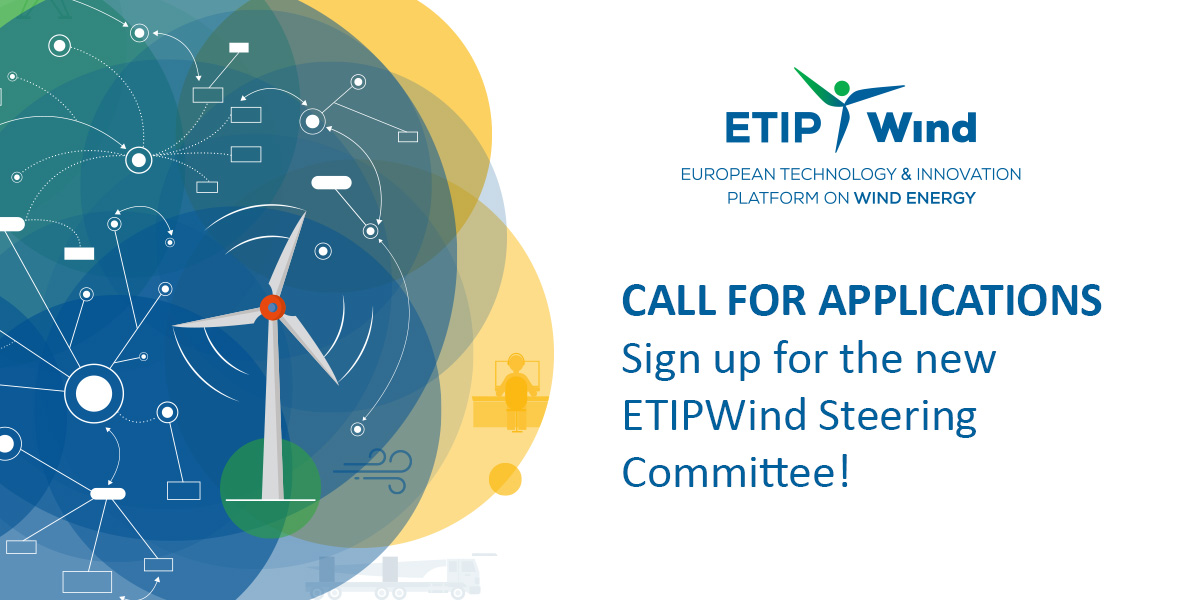
Few weeks ago, the European Commission confirmed they will finance ETIPWind’s activities from 2022 to 2025. The kick-off of the new cycle of the ETIPWind platform is expected by the end of 2022.
The existing ETIPWind Executive Committee will therefore be transformed into a new Steering Committee representing all the segments of the wind R&I community and gathering a wider variety of organisations so that all stakeholders can have their voice heard.
Are you an expert in wind energy technology? Do you want to shape EU policy on Research & Innovation for wind? We invite you to apply for a seat in the new ETIPWind’s Steering Committee!
You will join a group already composed of 28 reputed experts including wind farm owners, developers and operators; wind turbine manufacturers; services providers; research institutes and universities; and other players active in the R&I field.
Applications are now closed!
ETIPWind workshop on “Delivering circularity through innovative materials and recycling technology”.
4 May 2021, Online event
European Green Deal Call is launched
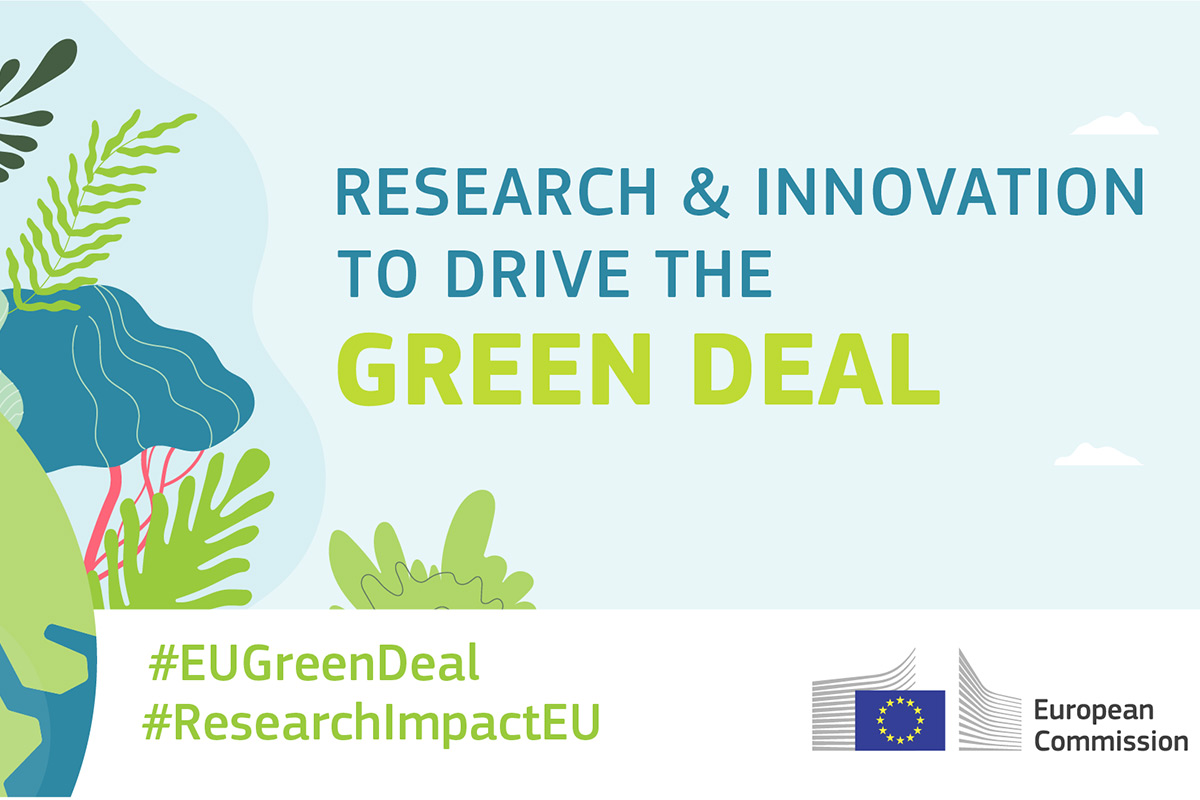
European Commission launches €1 billion European Green Deal Call for green and digital transition
The European Commission has launched a €1 billion call for Research and Innovation (R&I) projects to reduce carbon emissions by 2050.
The European Green Deal Call will be part of the Horizon 2020 (H2020) programme. According to the Commission it differs in important aspects from previous Horizon 2020 calls. This call aims for projects with clear, discernible results in the short to medium-term. The call has eight thematic areas that reflect the key work streams of the European Green Deal.
Clean, affordable and secure energy is one of the top priorities. To decarbonise Europe, clean renewable power must become the main source of energy. According to the European Commission’s Long-term Decarbonisation Strategy, Europe will need 1,200 GW of wind capacity in 2050 up from 190 GW in 2019. This requires significant investments in wind energy R&I.
The H2020 Green Deal Call is in line with the ETIPWind recommendations and puts the focus on large-scale deployment of offshore renewable energy. It dedicates €68 million to support offshore renewables and system integration. Offshore projects must cover innovation in power generation technologies and could include new solutions to grid infrastructure and power transmission. Projects can apply for up to €35 million in support. In addition, there is €18 million for renewable heat solutions, €60 million to demonstrate a 100 MW hydrogen electrolyser and €40 million to support deployment of renewables in Africa available. There’s also €80 million to decarbonise industrial processes.
Last week ETIPWind ran a workshop about the R&I needs to scale up offshore technology and successfully install and operate these large volumes of offshore wind. See what our experts discussed here.
The deadline for submissions in the European Green Deal Call is 26 January 2021. The winning projects are expected to start in autumn 2021.
Do you want to learn more about this call? Join the Horizon 2020 Green Deal Call Info session at the virtual European Research & Innovation Days today (23 September) from 14:00 to 16:00 CEST.
Find out more:
Floating Offshore Wind: Delivering climate neutrality
To become climate-neutral by 2050 Europe needs up to 150 GW of floating offshore wind. This is feasible and affordable. But European policymakers need to act now to ensure floating offshore wind can deliver the clean, competitive and reliable energy society wants.
Floating offshore wind will unlock 80% of global offshore wind resources located in deep waters (> 50m). It has the potential to supply more electricity than the entire world consumes today. And it would be clean.
European companies have the tools and experience to take the lead and cement Europe’s leadership. But the EU needs to act now and prioritise funding to bring the technology to maturity, unlock industrialisation and enable large-scale market deployment Large-scale commercialisation of floating offshore wind will bring costs further down similar to bottom-fixed offshore wind.
The global technical potential for floating offshore wind is 18,000 GW. This is a unique opportunity for Europe to demonstrate it is the number one in renewables.
The latest ETIPWind factsheet provides policymakers with an overview of the current state-of-the-art in floating offshore wind technology and the measures needed for commercialisation. Implementing the outlined recommendations will allow Europe to take a decisive lead in a vast and untapped global market and will support European competitiveness.
Our recommendations to the Commission on R&I priorities
The European Commission has started preparations for Horizon Europe, the EU’s research and innovation funding programme for 2021-2027. The programme has a proposed budget of €94.1 billion and will fund research & innovation activities in almost all sectors and across all Technology Readiness Levels.
To shape the strategic objectives of the programme, the Commission invited public and private stakeholders to have their say on the programme’s design. This feedback will help prepare the “Strategic Plan” for Horizon Europe and guide the research & innovation investments for the first four years of Horizon Europe (2021-2024). The strategic priorities laid out in that plan will be cemented in future work programmes and calls for proposals.
To deliver on its ambitious climate and energy targets, Europe needs strong and fit-for-purpose industrial and innovation programmes. These will develop and improve technology solutions and applications, and support existing European supply chains. Horizon Europe is a crucial instrument to boost the competitiveness and development of the wind energy sector. The programme should allocate substantial budgets and targeted calls for proposals to:
a) improve performance and reduce cost of utility-scale renewable energy production and bring new concepts faster to market;
b) enhance sustainability and promote circularity within European industries; and
c) accelerate a renewables-based electrification (direct and indirect) of hard-to-abate sectors (e.g. steel)
A fit-for-purpose Horizon Europe programme should have more open calls, with multi-annual deadlines. Open calls will promote bottom-up engagement and increase participation and interest from private stakeholders, especially industry. Furthermore, the expert opinion of European Technology & Innovation Platforms (ETIPs) should be fully considered in the design and evaluation process of the work programmes.
Share your views on Horizon Europe
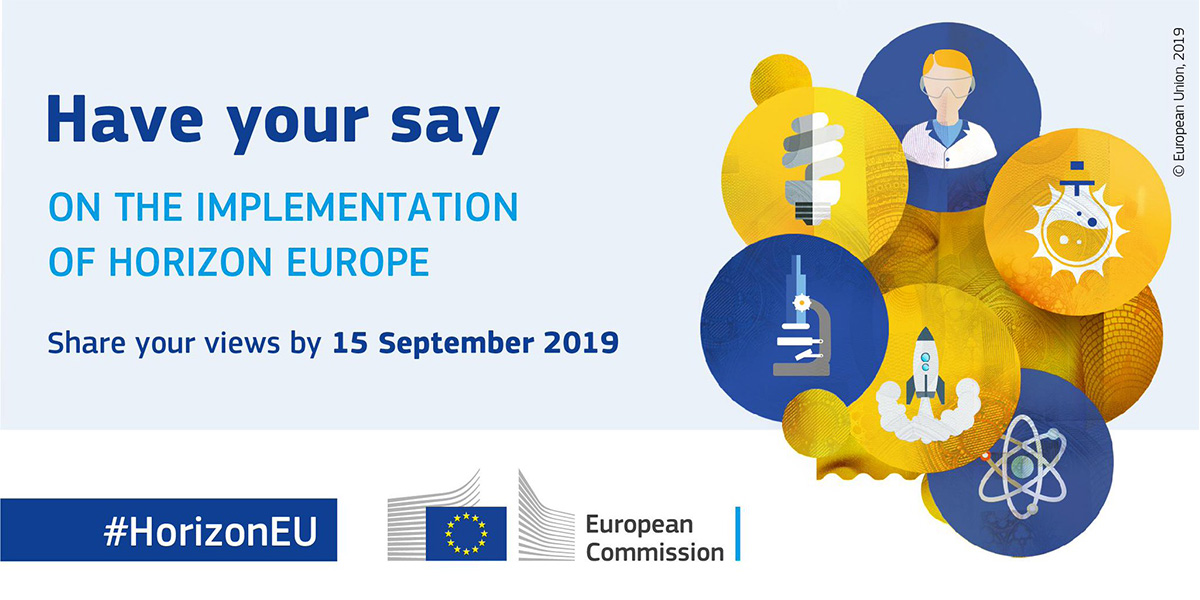
The European Commission has started preparations for Horizon Europe, the EU’s research and innovation funding programme for 2021-2027. The programme has a proposed budget of €94.1 billion and will fund research & innovation activities across all Technology Readiness Levels.
To shape the strategic objectives of the programme the Commission is holding an inclusive “strategic planning” exercise. As part of this exercise, public and private stakeholders are invited to have their say on the design of the programme through online consultations.
- The first consultation focuses on the high level priorities. The deadline for submission is 08 September 2019.
- The second consultation focuses on the implementation of the calls for proposal. The deadline for submission is 15 September 2019.
The inputs received will help prepare the “Strategic Plan” for Horizon Europe and guide the research & innovation investments for the first four years of Horizon Europe (2021-2024). The strategic priorities laid out in the plan will be cemented in future work programmes and calls for proposals.
Work on those work programmes will start next year, so that there is no interruption in funding between Horizon 2020 and Horizon Europe. The first calls under Horizon Europe will be launched in the beginning of 2021.
The secretariat and Executive Committee are preparing an official ETIPWind response to these consultations, but all members are invited and indeed encouraged to submit their views individually as well.
Wind industry workshop with the European Commission on the Innovation Fund
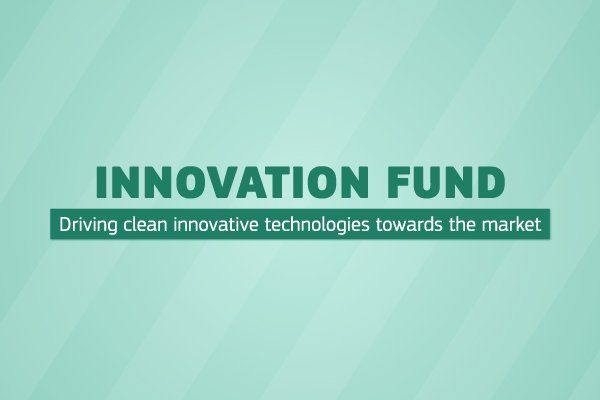
The Innovation Fund is a new European funding programme that will run from 2020 to 2030. The programme is part of the new Emission Trading Schema and as such the budget is based on the value of carbon emission allowances. It could amount to €10 billion. It will be one of the key funding instruments for delivering the EU’s commitments under the Paris Agreement.
The Innovation Fund will support investments in renewable energy, energy storage, carbon capture storage and use, and decarbonisation of energy intensive industries. Its scope spans from pilot projects to pre-commercial technologies, and to scale-up commercial projects. It will focus on increasing European competitiveness in green technologies. More info.
At the 3 July workshop, the wind energy industry identified 4 technology areas where the support from the Innovation Fund would add the most value. These are: floating offshore wind; the new generation of wind turbines and hybrid power plants; electrification (including power-to-X); and rotor blade recycling.
Participants also provided the European Commission with 5 principles for future project calls:
- Align with the wind industry’s recommendations from strategic research and innovation agenda (SRIA);
- Address the so-called “valley-of-death” in financing (the period between demonstration and final investment decision);
- Provide fit-for-purpose upfront investment as early as possibly in the project;
- Include thresholds for funding; and
- Focus on replicable projects that boost industrial competitiveness.
Iván Pineda, Director of Public Affairs at WindEurope, said: “Wind energy has been the most successful sector in funding coming from the EU ETS. The NER 300 programme has supported 8 wind energy projects. We want that to increase with the Innovation Fund. Wind energy is the most cost-efficient investment for EU funding. It reduces greenhouse gas emissions while boosting technological leadership and industrialisation for Europe.”
ETIPWind workshop on Research and Innovation priorities 2019
27 November 2019, Copenhagen
ETIPWind webinar on Blade recycling and innovative materials for new blade design
19 September 2019, Online


